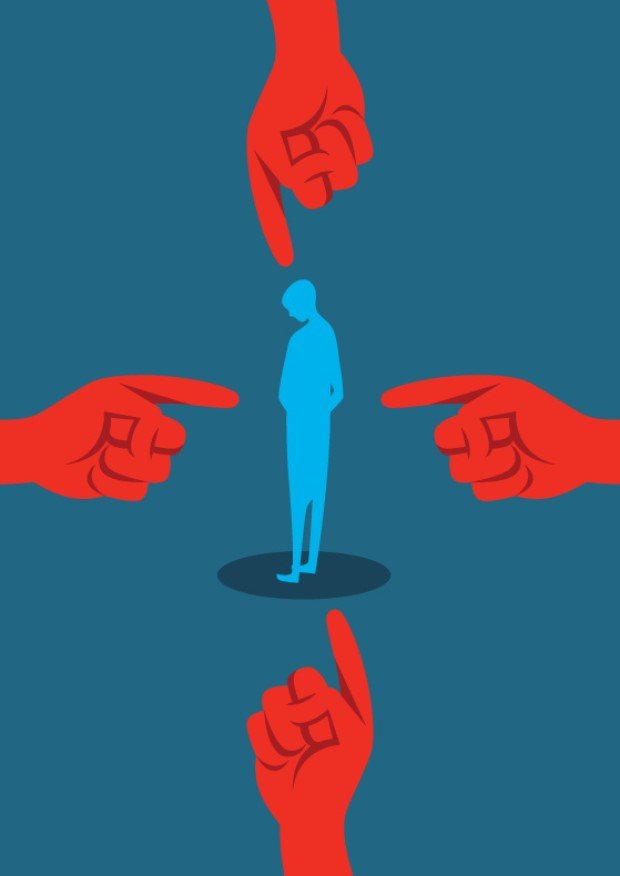While scrolling the internet, I came across something my friend Jimmy shared, and it struck me as a great writing prompt:
"Here I come to save the goddamned day."
That phrase explains why I became a psychotherapist. My journey from trying to fix myself naturally evolved into trying to save others. On one hand, I’m deeply motivated to help people. On the other hand, that same drive can unintentionally cause harm if not tempered with awareness.
There’s nothing inherently wrong with wanting to be of service to others. However, my efforts can backfire without a deeper understanding of my motivations and even create harm.
The notion that “if you can be helpful, you should be helpful” seems noble, but it’s not always that simple. The benefit quickly diminishes when I start doling advice like a Pez dispenser. Advice is often interpreted as criticism, and people rarely change when they feel criticized. Advice also implies the receiver lacks personal insight or experience with the problem. Yet, success is highly individual—there’s no universal recipe for solving the complex issues people face. Unlike baking a cake, where forgetting the egg might ruin the outcome, most problems are multifaceted. No single solution will fix them. Furthermore, advice often fails to account for the other person’s skill set, resources, or readiness to act.
In psychotherapy, countertransference—our thoughts and feelings about the client—adds another layer of complexity. Despite formal training, I still struggle with staying genuinely helpful without overstepping. It’s incredibly tempting when a client presents a problem in a way that seems to beg for a “fix.” With the best of intentions, I can still make things worse.
Here’s an example: When a client speaks, am I truly listening or just waiting for my turn to talk because I think I know the solution? Has my desire to solve their problem interfered with my ability to listen, validate, and offer empathy? That trilogy—listening, validation, and empathy—indeed facilitates change. Advice? Not so much. Am I secretly resenting the client for not following my advice? Am I dominating the session with my voice, inadvertently fostering their dependence on me and my “vast knowledge”? When clients share their distress, am I trying to cheer them up instead of sitting with their emotions? To the client, that might feel like I’m dismissing their experience.
There are countless ways to render therapy ineffective, and an unconscious hero complex is just one of them. While this post focuses on how that dynamic plays out in treatment, the same principles apply to relationships. Most of the time, my wife doesn’t want me to “fix” her problems. She wants me to listen, validate, and empathize.
While I may always carry some traces of a hero complex, awareness, and practice can help minimize its negative effects. Trying to save others is a profoundly human impulse, but it’s also a reminder that sometimes, the best way to help is simply to be present.

